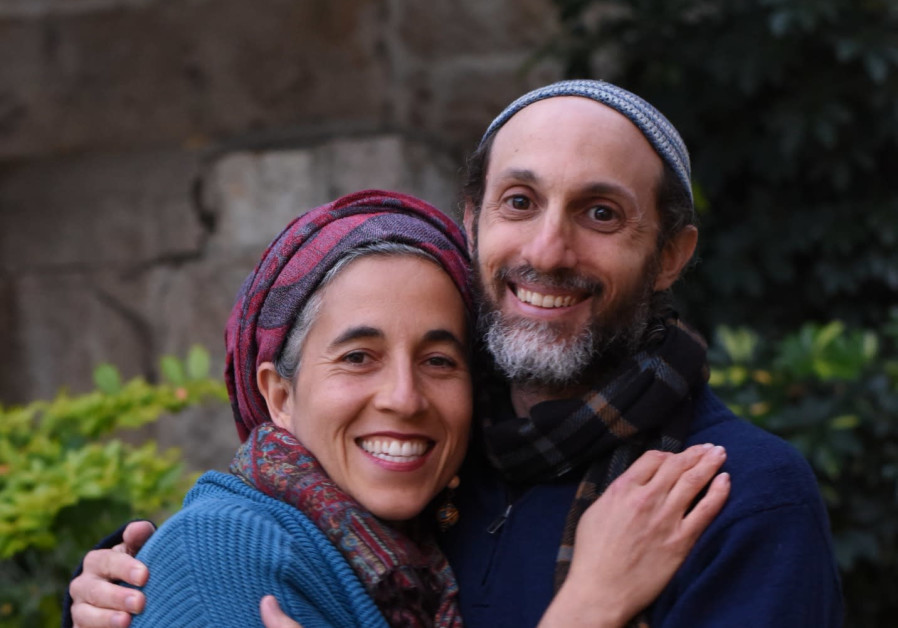“Some people write a book on their areas of expertise,” said Jerusalem resident Dave Mason. “My wife and I did the opposite: We came to realize that we needed a good financial education, and I know of no better way to get that than to research and write a novel on the subject.”

In The Cash Machine, we meet Amber, a teacher following a normative career path until she is reunited with her old college flame Dylan, who suddenly left her and his studies seven years earlier to pursue a different route.
Although she initially writes Dylan off as a bum, she quickly learns that while he looks like he is struggling, his nontraditional financial decisions are actually helping him build a “cash machine” that will ultimately give him a more comfortable lifestyle than their rich friends in the investment world.
How can he (and we) build a system like that? Real estate is the most popular path – at least in other countries. In The Cash Machine, the characters are able to leverage a combination of low down-payment requirements, federal aid programs, tax loopholes and inexpensive properties to create a portfolio of income-generating properties in the US at surprisingly low costs.
“However, in Israel, the numbers don’t work as well,” Mason said. “Housing prices are high here, and yields are low, so it is harder for average people to find viable income sources unless they can rent out part of their primary residence.”
“If you are buying properties to rent out, one of biggest tricks is to understand the huge price difference between two-bedroom and three-bedroom apartments,” he said. “The difference for families there is much bigger than, say, going from five bedrooms to six, so if you have a large two-bedroom, adding a wall to create another room is a great way to add value quickly.”
“One mistake we made when we got started in Israel is we became ‘house-poor,’” Mason said. “We bought a big house because we wanted to position ourselves for the future, and then we did a renovation that came out way more expensive than we planned.”
“Often, people put all their money into buying more houses than they need, and they’ll have a great asset on paper,” he said. “But since it is their primary residence, they are never going to realize that capital, and meanwhile, they struggle to make payments. That’s called being ‘house-poor,’ and I want to help others avoid making the same mistake I did.”
Perhaps the simplest passive-income sources can be found in the stock market, Mason says.
“There are two ways of getting passive income out of stocks that are important,” he said. “One of them is dividend stocks. These might grow less quickly than growth stocks, but a good, stable company that pays a dividend can be a great passive-income source. You find a good list of options by Googling it.
“Second, there’s something called the 4% rule. This says that if you were to buy index funds, which are really a safe way of investing in the stock market, that you can pull out 4% per year, and the money you have left will continue to grow at the rate of inflation.”
Buying a business, or joining a group as an investor, can also be a great way to enjoy strong returns if you know what you’re doing, Mason says.
Alternatively, investing in a portfolio of real-estate investments may seem less exciting than identifying exciting start-up opportunities, but it can be far more stable, he says, adding: “You can get great returns being a silent partner in a bunch of businesses.”
Understanding how to use money is a critical skill that most people are never taught, Mason says.
“Money is one of the top causes of divorce and marital strife, and that’s not just when there is a lack of money,” he said. “It can be a huge source of tension when couples aren’t on the same page, even among wealthy people. I love when couples read our book together to create a unified vision of how they should run their finances.”
